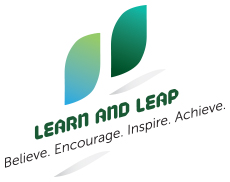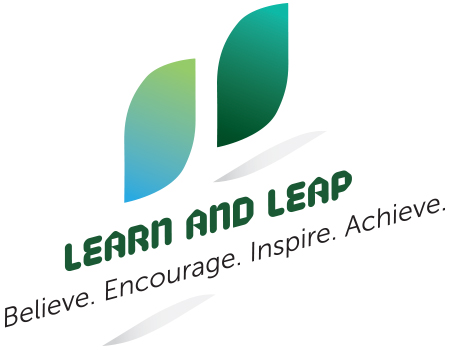
Why Start Early
Learning to read is a complex task. There are 26 letters of the English language with 44 sounds, each sound having more than 1 spelling and some spellings shared by several sounds! Some words contain unusual sound/letter relationships. No wonder children get confused!
Research in Australia and overseas on emerging literacy confirms the complexity of learning to read and that it is a process that begins very early in a child’s development – before they go to school. There is also proof that children who have exposure to explicit literacy experiences from birth have an edge when they get to school, developing a better vocabulary and understanding of literacy concepts.
Kindergarten and school currently focuses on whole word teaching. Clearly recognition of a word does not constitute “reading”. Reading must be taught explicitly using synthetic phonics (sounds/letter relationships).
A 2005 Department of Education, Science and Training Report into “Teaching Reading” makes 20 recommendations to improve literacy levels of students in Australia. One of these recommendations is quoted below. The full report is available at http://www.acer.edu.au.
1. The Committee recommends that teachers provide systematic, direct and explicit phonics instruction so that children master the essential alphabetic code-breaking skills required for foundational reading proficiency. Equally, that teachers provide an integrated approach to reading that supports the development of oral language, vocabulary, grammar, reading fluency, comprehension and the literacies of new technologies.
The inquiry also states “The Inquiry found strong evidence that a whole-language approach to the teaching of reading on its own is not in the best interests of children, particularly those experiencing reading difficulties. Moreover, where there is unsystematic or no phonics instruction, children’s literacy progress is significantly impeded, inhibiting their initial and subsequent growth in reading accuracy, fluency, writing, spelling and comprehension.”
The Early Childhood Australia website (www.earlychildhoodaustralia.org.au) states that “Phonemic awareness is important in learning to read an alphabetically written language. Phonemic awareness can be difficult to acquire and must be taught explicitly if a child is to learn to read successfully. As they learn to read the young child will learn about the relationship between sounds and letters and how sound are connected to print. They will develop fluency as readers and learn to construct meaning from print.”
The trained and qualified staff at Learn and Leap aim to provide learning opportunities to children, young people and adults alike. Education is directly linked to your ability to access opportunities presented throughout life. These opportunities may be further studies, job opportunities and good health.
Be proactive – give your child a head start. Let them be School Ready! Give yourself further skills to enable you to take advantage of opportunities out there.
The School Ready Program aims to provide children with the skills they need to have an advantage when they start school. The program will also assist Prep and Grade 1 students who are finding literacy challenging.

